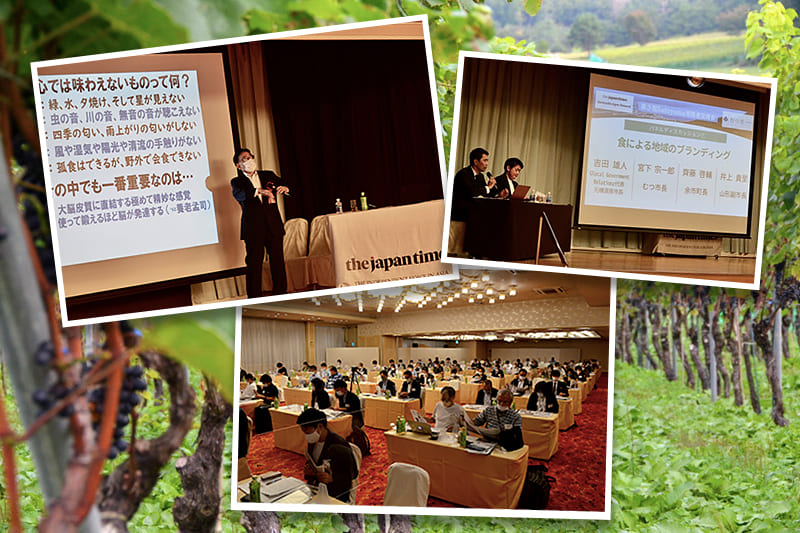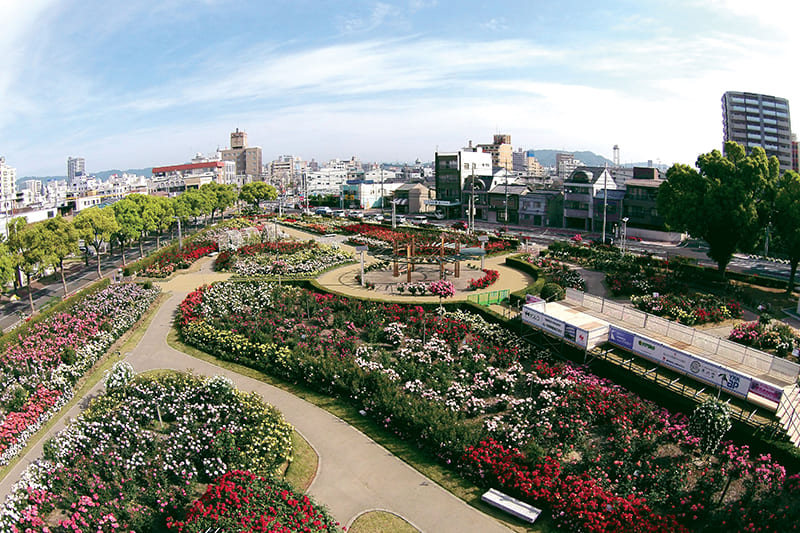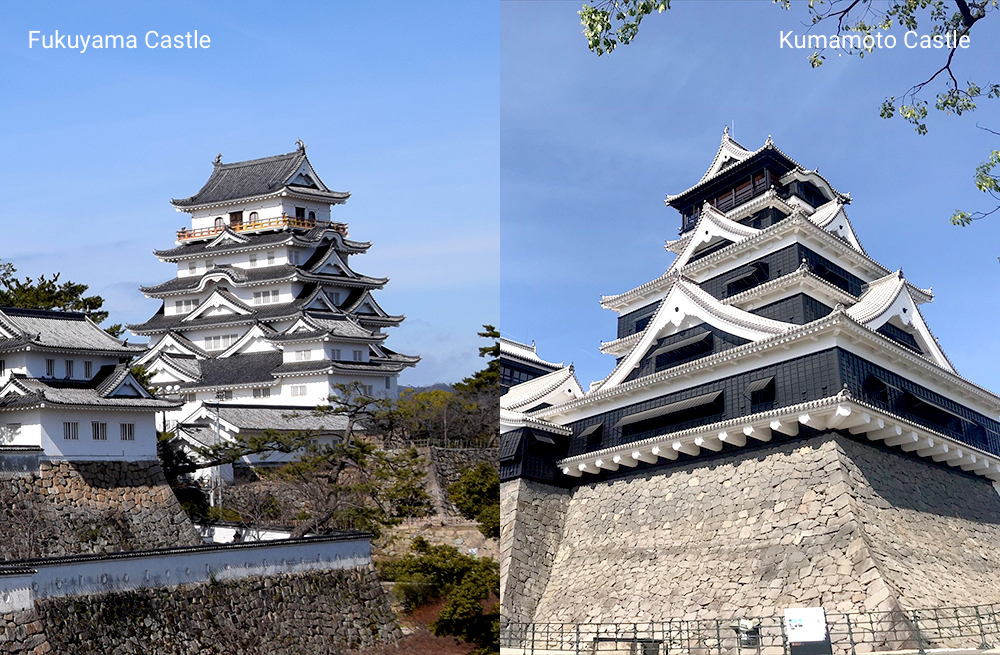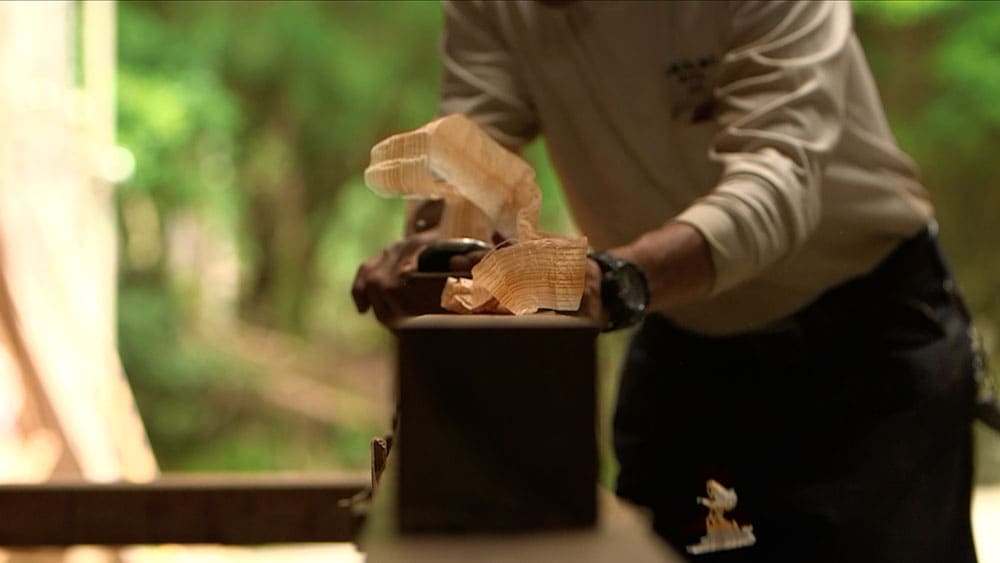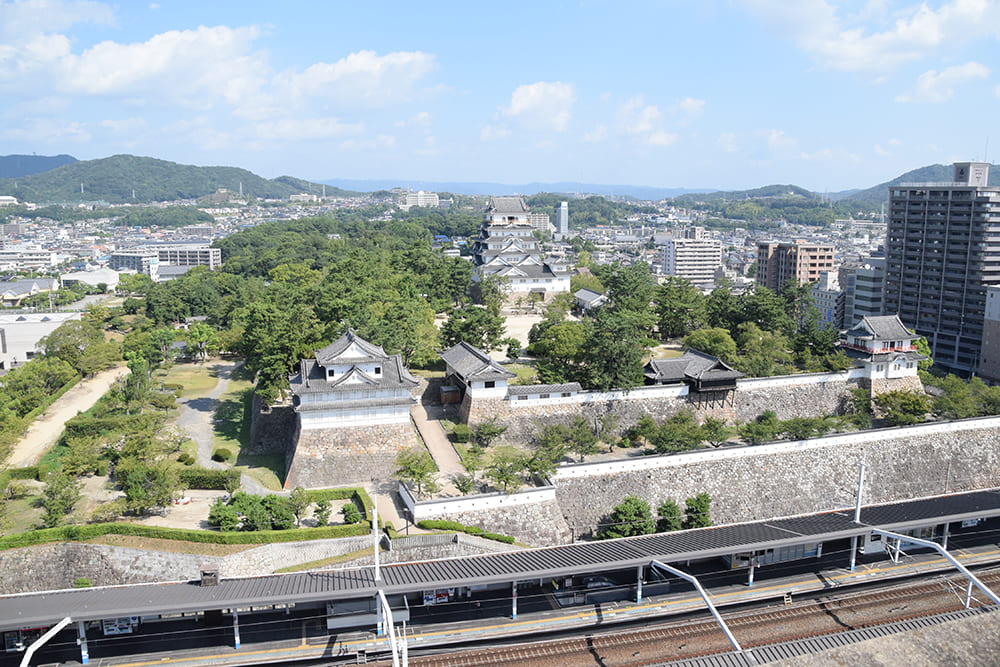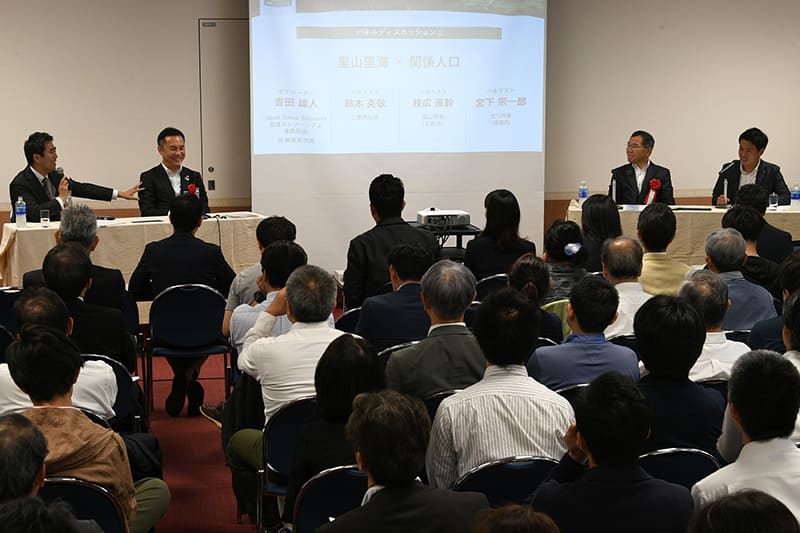February 17, 2023
Fukuyama, Japan’s city of denim, spins surge in public awareness
SPONSORED CONTENT
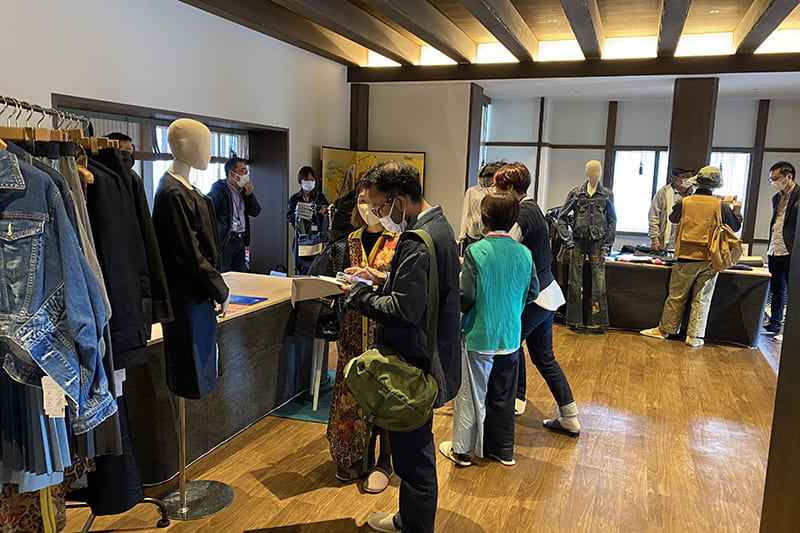
Did you know a denim fabric made in Japan has its own history of development? It comes from Fukuyama, a city in the eastern part of Hiroshima Prefecture that produces about 80% of Japan’s denim fabric.
Ever since the first lord of the Fukuyama domain, Katsunari Mizuno, started promoting the production of cotton in the Edo Period, the textile industry has flourished, becoming part of the area’s culture.
In the late Edo Period, Bingo kasuri was invented — Bingo was the province that encompassed Fukuyama in what is now eastern Hiroshima Prefecture. It became one of the three major types of kasuri, along with Iyo kasuri in Ehime Prefecture and Kurume kasuri in Fukuoka Prefecture.
The weaving skills for thick fabrics and indigo-dyeing techniques that were developed for Bingo kasuri have been passed on to manufacturers of denim fabrics, enabling the quality of Fukuyama denim, which is highly regarded by renowned fashion brands in Japan and abroad. Fukuyama companies engage in all of the stages of the manufacturing process — spinning, weaving, dyeing, sewing, washing and selling — making it possible to complete an entire production chain there.
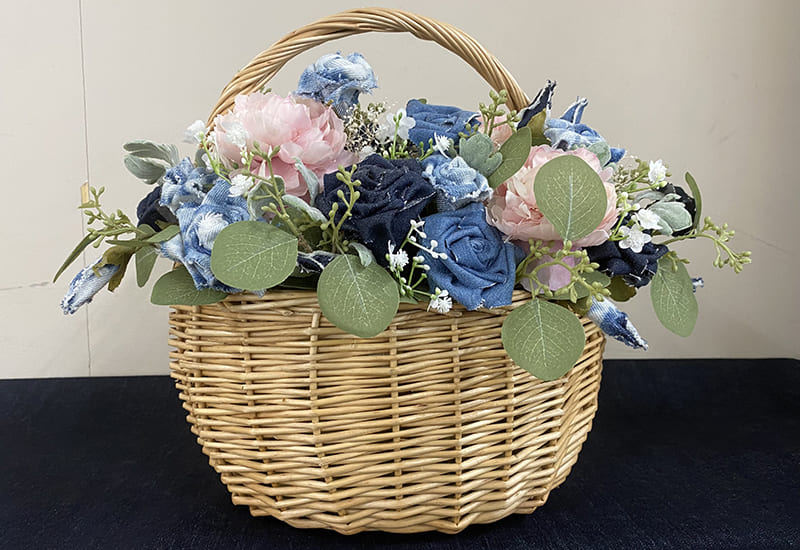
However, Fukuyama has not been widely recognized among the public as the city of denim because denim-related companies in the city focus mostly on business-to-business trading, leaving people unaware that what they are wearing came from Fukuyama.
This is why the Bicchu Bingo Japan Denim Project was launched in 2016 in a collaboration among denim-related companies and municipalities in the Bicchu (western Okayama Prefecture) and Bingo areas to promote the denim-producing region.
The project consists of various elements, one of which is the Bicchu Bingo Denim Commercialization Contest started in 2021, which collects designs for products that use denim from across Japan. The submitted designs are given the chance to become commercial products. Last year’s contest gathered 303 entries. The project participated in the Milano Unica, the world’s premier textile exhibition, in 2018.
On the international front, the city organized a tour for foreign buyers to visit denim-related factories and hold business meetings last November to help denim producers expand their sales channels abroad. Yuichiro Tominaga, the head of the city’s Industry Promotion Division, said, “We used parts of Fukuyama Castle such as Tsukimi Yagura (Moon-watching Turret) as the venue for the business meeting sessions, providing the buyers with an unusual and memorable experience of feeling the history of the city.” The year 2022 was the 400th anniversary for the castle, a rare example of a castle that stands right next to a shinkansen station and can even be viewed from the platform.
November is also Wear Denim Month for employees of the city government. Since 2016, the workers at City Hall wear denim to work every November as part of the promotions of Fukuyama as the city of denim.
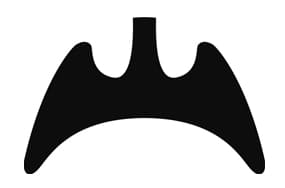
These efforts seem to be paying off. According to a survey conducted by the city, the percentage of men and women living in the Tokyo metropolitan area who, when shown about 20 statements describing Fukuyama, selected “the top denim production area in Japan” as something they knew about the city, increased from 9.1% in 2017 to 24.4% in 2021.
In recent years, Fukuyama has also seen an increase in the number of young people visiting from other areas to learn about the manufacturing of denim fabric and products. The promotion of local denim products has been expanding to the private sector, and some companies have started using denim fabric for their uniforms. One hotel has denim-themed rooms. There also are various events featuring denim.
Tominaga revealed that new and environmentally conscious ideas are popping up, such as collecting and recycling local companies’ uniforms and combining them with denim fabric to create something new in an initiative from the private sector, contributing to the promotion of local denim and sustainability at the same time. Fukuyama has become the focus of high expectations both home and abroad as a denim-producing area that meets the needs of the times and can stand tall in the world.
Fukuyama is a member of the Sustainable Japan Network, a group of companies and municipalities that cooperate with this newspaper in spreading information about sustainability in Japan. You can also be part of the network; please visit https://sustainable.japantimes.com/sjnetwork-jp for more details.

